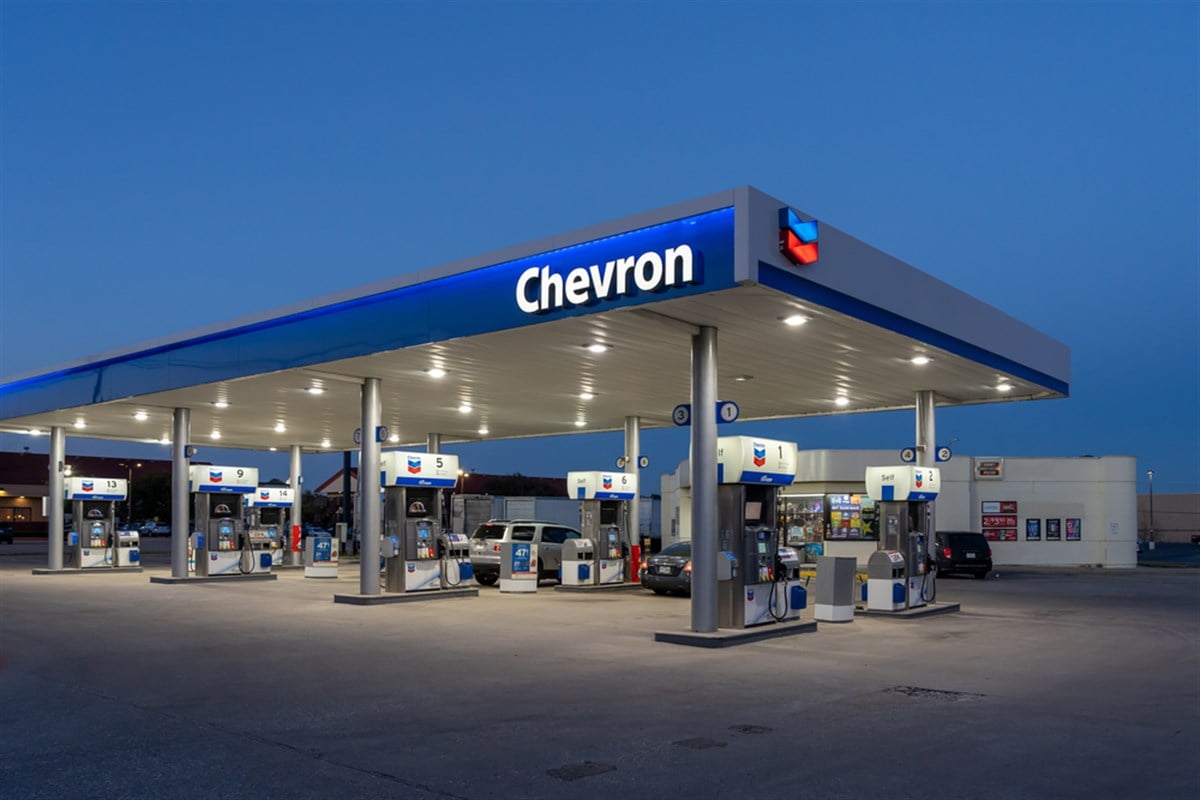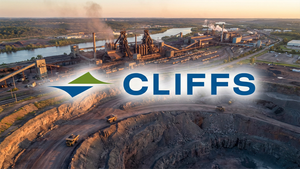
Chevron Corporation (NYSE: CVX) is on many investors' lists of forever stocks. At the very least, it makes a short list of energy stocks that investors consider when they believe oil prices are likely to rise. The 20-year total return (stock price appreciation plus reinvested dividends) on CVX stock is 651.45%. That means a $1,000 investment in Chevron 20 years ago would be worth approximately $7,510.45.
But in our microwave society, many investors are reluctant to hold a stock for 20 months, let alone 20 years. And the short-term performance of CVX stock has been less than stellar. You can blame lower oil prices, but that only tells part of the story. There was also some concern that Chevron would not receive approval from Hess Corporation (NYSE: HES) shareholders on its $53 billion all-stock merger.
That approval occurred on May 27, 2024. Although the merger still requires regulatory approval and arbitration with Exxon Mobil Corp. (NYSE: XOM) over Hess's Guyana assets, the path forward now appears to be a matter of crossing t's and dotting i's.
Still, for growth-oriented investors, Chevron's been a tough hold for the last couple of years. Nevertheless, understanding the historical and cyclical nature of oil and gas stocks in general and CVX stock in particular can help you decide if CVX is a good investment.
Despite Record Extraction, Chevron's Revenue Declines
Despite Chevron extracting a record amount of oil in 2023, the company's year-over-year (YOY) revenue was down 22%. And the company's earnings per share were even worse, showing a 43% decline in the same period.
It seems like a contradiction, but CVX investors know it all too well. "Drill baby drill" is a nice line in a campaign speech, but it's not necessarily evidence of stock price gains in the oil sector. That's because getting oil out of the ground takes a lot of money, and the payoff doesn't come immediately.
Chevron shareholders saw similar stock price performance (or lack thereof) between 2017 and 2019. This was also a time when oil companies were expanding their drilling capacity. However, the Hess merger may be different this time, which will give Chevron far more leverage over future oil prices. The company is already an industry leader when it comes to return on capital.
Analysts See More Upside for Chevron
The Chevron analyst ratings on MarketBeat give Chevron a Moderate Buy rating with a consensus price target of $186.95. That's 19% above the current price without factoring in reinvested dividends. Three analysts have targets above the consensus, including Wells Fargo & Co. (NYSE: WFC), with the highest price target of $206.
Chevron Stock is Down, But Far From Out
In the 12 months ending May 31, 2024, CVX stock, including price appreciation and reinvested dividends, had a return of 12.26%. That's hardly dead money, but it's far below the performance of the S&P 500 Index, which has a return of 26.18% over that same period.
Nevertheless, Chevron, with or without the assets from Hess, is early in its investment cycle. Over time, that points to long-term share price growth. And even if Chevron opts to continue drilling even if it leads to lower revenue, the company's break-even price for oil is somewhere in the high $50 range. That means the company could gain market share.
In the meantime, investors can collect a safe dividend that yields 4.18% as of June 6, 2024. Chevron is also a dividend aristocrat that has increased its dividend for 37 consecutive years—that streak won't be ending anytime soon. The payout of $6.52 per share is a selling feature for income investors.





